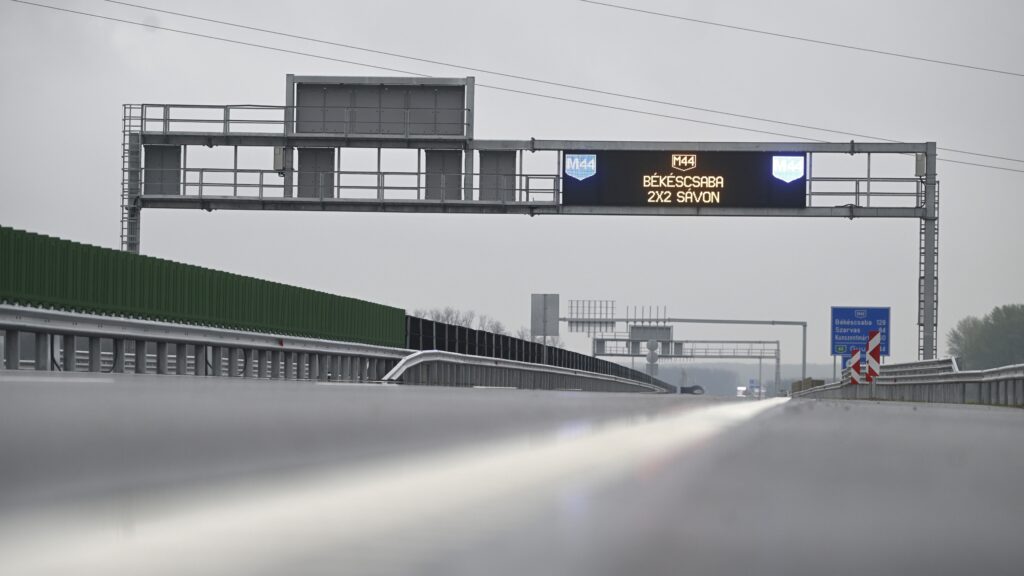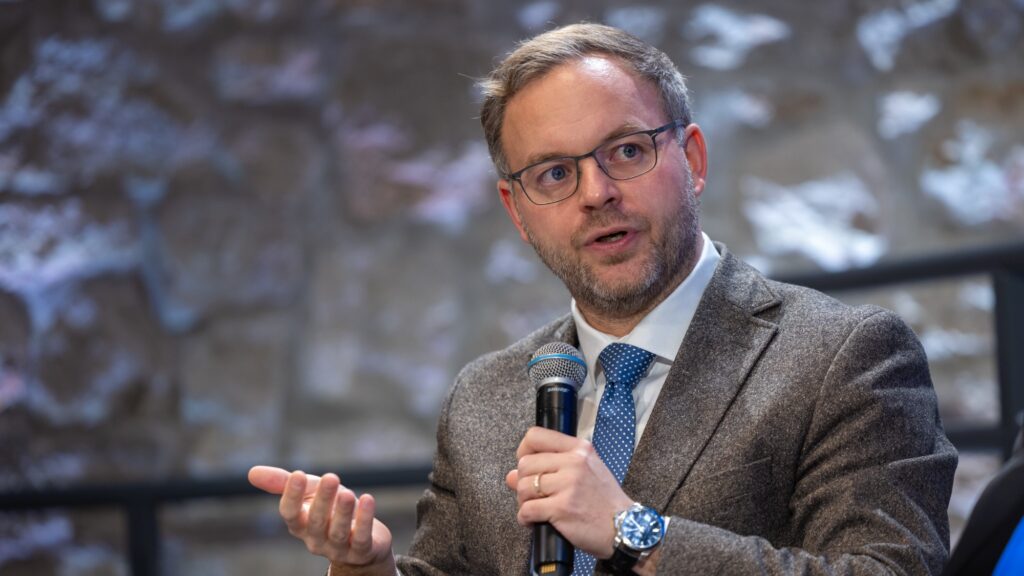Regions striving to assert their sovereignty on the international stage and thus promising the amplest opportunities for a small Central European country are to be found in the Global South. The semi-peripheral nations of Africa, Latin America and certain areas of Asia offer new markets, cultural exchanges, fresh capital, and blank-slate alliances, free from any historical burden. It is a precarious field to maneuver on, but there is experience that can help understand it and help conduct a sovereignty-centered foreign policy.
One of the central tenets of conservative foreign policy is that a country’s international relations should be developed with the aim of broadening its room for maneuver, enabling it to demonstrate its sovereignty and to pursue its own national goals, independently from the various supranational powers and frameworks which seek to restrict it. It is especially true for small, semi-peripheral countries, such as Hungary. Greater powers may pursue a conservative foreign policy while adhering to existing international systems and norms, because they may happen to be the very overseers of these frameworks. But smaller countries must always look for new and rather unorthodox approaches to be able to conduct a genuinely sovereign foreign policy.
One of the best opportunities to pursue this kind of sovereignty-strengthening is presented by the relations with developing countries that are often referred to today as the Global South. The countries of the Global South are mostly post-colonial entities that constitute the periphery or semi-periphery of global power centers around the globe. They are mostly underdeveloped, struggling with a poorly educated population, weak infrastructure, high levels of dependency on global power centers and endemic instability, but at the same time many they also have great potential as a result of a young population, ample natural resources (both in the sense of natural beauty and in that of directly convertible mineral and agricultural resources), and overall low-price levels attractive to international capital. Hungary had hardly any relations with these countries in the two decades following the fall of the Eastern Bloc, but the announcement of the ‘Opening to the South’ strategy of the Orbán government a new chapter was opened in that regard It is worth examining what lessons can be learnt from this new approach of building lively Eastern Europe–Global South relations in terms of the conservative foreign policy of today.
Relations between countries of Global South and Eastern Europe had been close-knit during the Cold War period, the age defined as the great-power competition between the Soviet Union and the United States – at least as the popular wisdom goes. However, the international arena of the Cold War was much more complicated and multi-layered than its general bipolar understanding suggests. That is especially true when it comes to the international history of the Global South. Hungary and other Central European countries were not just representatives and footsoldiers of the Soviet Union in these countries, but also the providers of opportunities, which can be offered again in the present.
Blank slates for forming mutually beneficial networks
For some countries the very fact of having international relations with Central European countries was an achievement in itself
This was an important milestone in the gaining of a sovereign status in the post-colonial world. As the Central European countries were clearly separated from the power blocs of the old colonial masters, these new relationships provided the developing countries with new leverages. Their former occupiers now had to treat them with respect, because they were no longer entirely dependent on them, as they could now turn to their brand new allies. Of course, this was often a farce, given the scarce resources and limited agency of Central Europe, but always served at least as a signal for the traditional allies to proceed with more caution and respect. Today, Hungary and the V4 group are in the same power bloc as the West, but they can still serve as leverage points against certain Western powers in the field of international relations. And as a lot of countries now primarily dependent on the People’s Republic of China are former “colonial masters”, Central Europe can clearly serve as a minor counterweight.
But what is in it for Hungary and our neighbours? This element of the relationships obviously cannot be used to achieve instant gains. But the common ground of small countries can serve as a warning to the traditional leaders of international relations. To give a historical example, Yugoslavia, while obviously not a major actor of the Cold War, successfully organized the bloc of the Non-Aligned Countries in 1961 which boosted its international standing enormously. An organizer of a network of countries, whether itself small or large, has the reputation of a leader, with all the benefits carried by that perception. It may become the vehicle of carrying out international projects beneficial for the conservative cause in an international sense. Luis Echeverría’s Mexico sought to remake the international financial system for the benefit of the low- and middle-income countries in the late 1970s’, and although he failed at the time because of the newfound economic momentum and assertive foreign policy of the West, but still did not become a pariah, thanks to the international network backing him. Nevertheless, Mexico fell into the “middle income trap” in the 1990s, and has yet to recover from it. To sum up, carrying out international projects that benefit a given nation is safer and more effective with a broader global network behind the national actor. In addition, working to bend international rules to some extent to one’s benefit may be crucial in the long run, so, ironically, international networks may be essential for safeguarding one’s national sovereignty. International actors with similar needs and a similar semi-peripheral position as Hungary and its Central-European allies can be found in abundance in the Global South as was the case during he Cold War, and is the case today, well after the passing of the unipolar moment.
New markets with less strings attached
The Global South, while being in a frenzy of technological development, is still looking for a fresh influx of technology and expertise from the traditionally more developed countries. Obviously, cutting-edge technology can be found primarily in the global power centres, and especially in China with its low prices and abundant production capacity. But as the international trade decisions become politicized once again in the China–US conflict matrix, small, but fairly developed countries can offer attractive products and technologies without political commitments to great power centres. While Hungary and the V4 are clearly part of the Western bloc, they do not belong to any of the power centres, and are still in a semi-peripheral status, similarly to a lot of Asian, African and South American countries.
For one, Hungary can contribute to the most crucial sectors of Global South countries. One of the most lucrative businesses of the Cold War era for Hungary was selling irrigation systems and technology to African nations for example to Ghana in the 1960s. In today’s era of water scarcity and population boom new markets for these products and services can again present themselves in that same part of the world. In addition, Hungary is once again greatly positioned to re-enter the trade branch that used to be Central Europe’s greatest success story under Communism regarding the Global South: the international arms trade. Traditionally, the Czech Republic used to be the greatest beneficiary, with its high-quality, domestically manufactured arms. The political logic driving the arms purchases of developing countries at the time was similar to that of today: buying arms from Prague did not signify the same level of commitment as, for example, buying arms from the USSR would have. Hungary can now be in the same position: selling fairly priced, domestically produced arms all around the globe to the hardware-craving countries of the Global South. s attached. Of course, a country with a responsible conservative foreign policy has to be careful with this most precarious type of product, to avoid becoming indirectly responsible for genocides and repressive actions on the other hand, it may be fit conservative-led country to engage in a non-ideological arms trade: it can balance a moderate, principle-driven foreign policy with the fair trade of military hardware.
Imperialism-free cultural exchanges
The last field of opportunity for Central Europe in the Third World
that I would like to highlight is the field of intellectual engagement, which is connected to the previously ment point of trading technology. Year after year, thousands of students coming from the developing world make the long journey to come to Hungary and participate in higher education, primarily in the medical and STEM fields. This is one of the strings tying Hungary to the Global South that was not severed after the collapse of the Eastern Bloc. Again, let us emphasize that it is not the same level of political commitment to come to little-known Hungary than it would be to study in a Western European country. Hungary is cheap, friendly, and has a moderate climate. These are still the main reasons why young people from developing countries come to Central Europe today, in addition to public security, which some Western metropoles sadly lack now.
But another lesson of the past for present-day cultural exchanges is the need to confront reality. The plight of the Global South under authoritarian, left-leaning regimes was an important reckoning that pushed a lot of Western intellectuals—and also some Hungarians—to embrace democratic, and often conservative values. Similarly, analysing the ‘Third World’ of the present provides us with a lot of important lessons with regard to the importance of building and maintaining communities with shared values, embracing an independent and responsible national foreign policy, and refraining from irresponsible and imperialistic, monocausal ideologies and social engineering. These understandings can provide an opportunity for a conservative Central Europe to engage with the Global South, as did the intellectuals of yesteryear, during the tumultuous days of the Cold War.








